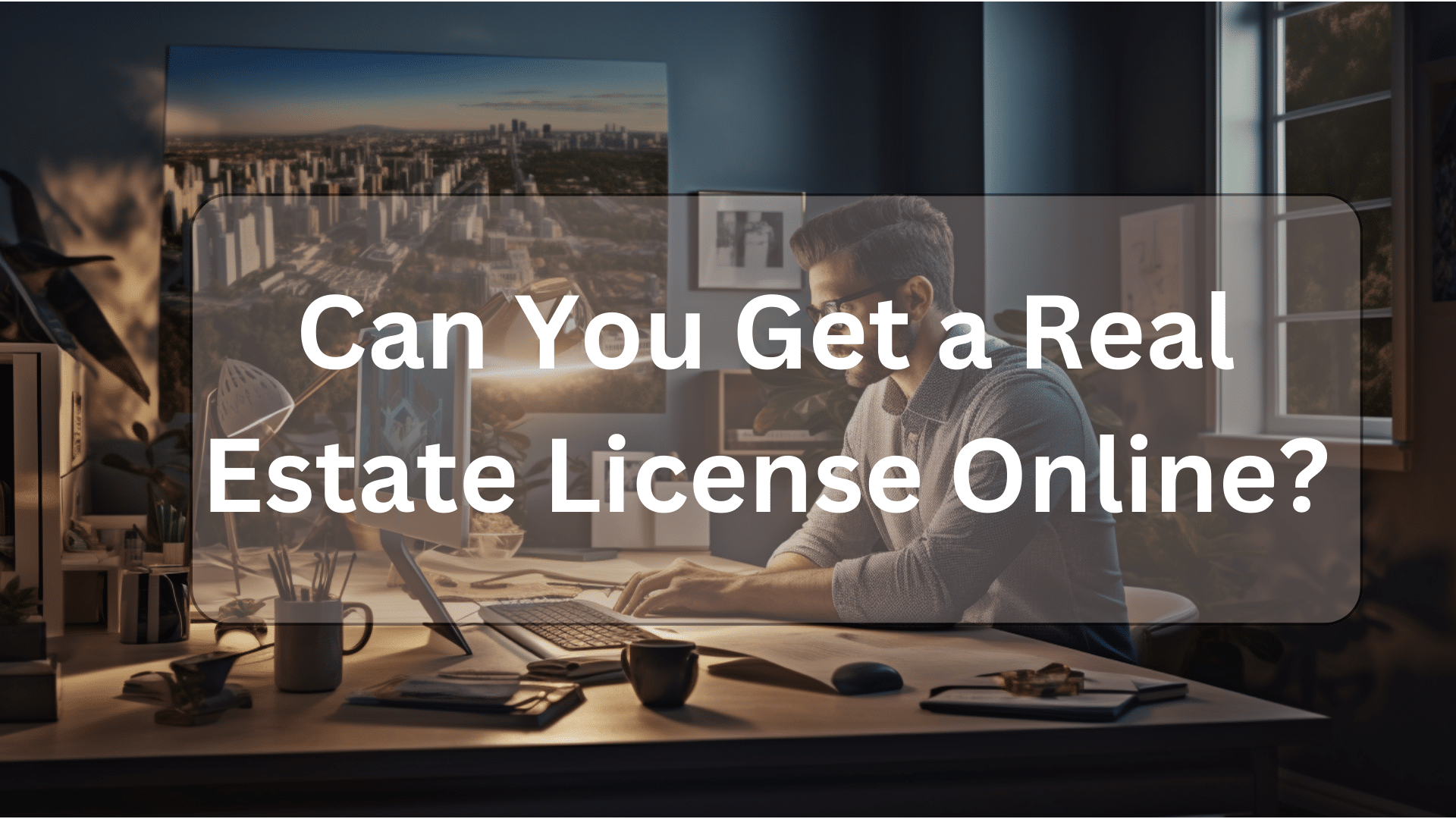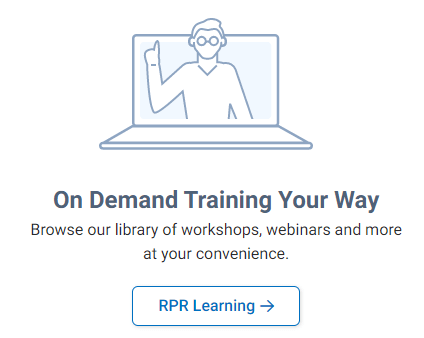Do You Need a Business License to Sell on Etsy? What to Do, When, and How
Short answer
Etsy does not require a business license to open a shop. However, your state, county, or city may require business licenses, a seller’s permit, and/or sales tax registration depending on what you sell, where you operate, and your sales volume [1] .
How Etsy’s rules differ from government requirements
It’s common to confuse Etsy’s platform policies with government rules. Etsy lets you create a shop without uploading a license. That said, U.S. sellers may still need to register their business or obtain permits to operate legally in their location, and may need to register to collect and remit sales tax depending on nexus rules and marketplace laws [1] . Third-party explainers echo this separation: the marketplace usually doesn’t require a license, but local governments often do based on the nature and scale of sales [2] .
When you typically need a business license
Licensing needs vary widely across jurisdictions. Consider these common triggers:
-
Your business structure
: Sole proprietors often operate under their legal name without a state-level formation filing; LLCs/partnerships usually require state registration and may prompt licensing requirements from state or local agencies [2] . -
Your location
: Many cities and counties require a local business license (sometimes called an occupational tax certificate) for home-based businesses, even if you sell online. Community discussions highlight that both state and city licenses may be required in some areas, and that names different from your personal name may require a DBA filing; costs and processes vary by state and city [3] . -
Your product type
: Certain items (for example, cosmetics or candles with specific ingredients) may trigger health, labeling, or specialty permits under local or state rules. Guidance frequently advises sellers to check local regulations for product-specific licensing needs [2] . -
Your sales volume
: Some states and localities link licensing, tax filing frequency, or sales tax registration thresholds to income or transaction counts. The principle of varying thresholds is commonly noted in small business guidance and should be verified for your jurisdiction [1] .
Sales tax: marketplace vs. you
In many U.S. states with Marketplace Facilitator laws, Etsy calculates, collects, and remits sales tax on orders shipped to those states. For orders shipped to locations without such laws or where you otherwise have tax obligations, you may need to register with the state or local tax authority and handle sales tax yourself. Economic nexus thresholds (for revenue or transaction counts) vary by state-for example, some states set $100,000 or 200 transactions, while others may set different dollar amounts-so you should confirm your state’s specific rules before you scale [1] .
Hobby seller vs. business: practical distinctions
If you are casually selling a few items with minimal revenue and no organized intent to profit, your locality may not require licensing. However, once you operate with ongoing sales, branding, advertising, or inventory management, you are typically considered a business and may need to register, obtain a license, and comply with tax rules. Third-party explainers note that while casual sellers can often start without a license, business-level operations tend to trigger state or local requirements [2] .
Step-by-step: how to stay compliant before you sell
-
Define your business model
Decide whether you are a sole proprietor or will form an LLC/partnership. Formation increases compliance steps but can provide liability separation. If you choose an LLC or partnership, expect state registration; that choice often triggers additional licensing needs downstream [2] . -
Check local licensing
Contact your city hall or county business licensing office and ask whether a home-based online retail license or occupational tax certificate is required. Community guidance emphasizes that many areas require both city and state licenses, and a DBA if you operate under a trade name [3] . -
Register for sales tax where applicable
Determine whether Etsy is collecting for your destination states under Marketplace Facilitator laws and where you still have obligations. If you exceed a state’s economic nexus threshold or have a physical presence there, you generally need to register and collect/remit sales tax yourself. This division of responsibilities and the existence of thresholds is standard guidance for online sellers [1] . -
Secure product-specific permits if needed
If selling regulated items (e.g., certain personal care goods), ask your local health department or state consumer protection agency what permits or labeling are required. Third-party summaries stress product-dependent rules and the need to verify locally [2] . -
Choose tax IDs
If you prefer not to use your SSN for business matters, consider applying for an EIN from the IRS; some local applications accept either. Community threads often advise having an EIN ready when applying for local business licenses [3] . -
Set up your shop policies
Document returns, shipping, and processing times. Clear policies support compliance and customer trust. While Etsy doesn’t require a license to open, aligning your policies with any applicable consumer protection rules helps prevent disputes [1] .
Examples to clarify gray areas
Example 1: Candle maker at home
You form an LLC for liability protection. Your city requires a home-based business license, and your state requires sales tax registration because you make regular sales in-state. Etsy collects tax on some out-of-state orders under marketplace laws, but for a neighboring state where you exceed its economic nexus threshold, you register and remit there as well. This path reflects common guidance for marketplace sellers navigating state-by-state rules
[1]
.
Example 2: Occasional vintage reseller
You sell a few items each month as a sole proprietor using your legal name. Your city confirms no license is required for extremely low-volume occasional sales operated from home, but you document that advice and monitor growth. As sales increase, you check again on licensing and sales tax registration, consistent with standard small business advice to reassess obligations as volume rises
[2]
.
Example 3: Multistate sales growth
Your shop’s social media ads boost sales. Etsy collects tax in many states due to marketplace laws, but you cross a state’s economic nexus threshold where Etsy’s collection doesn’t fully cover your obligations (for example, for certain local taxes or jurisdictions). You register in that state’s tax system and update your accounting workflow, a step often recommended as sellers scale
[1]
.
Common challenges and practical solutions
Challenge: Confusion over whether a license is needed at all
Solution: Separate platform rules from government requirements. Confirm with your city or county licensing office. Community resources frequently note dual layers (state and city) and the potential need for a DBA
[3]
.

Source: laughingsquid.com
Challenge: Tracking sales tax obligations across states
Solution: Map where Etsy collects tax vs. where you have nexus. If you meet a state’s economic nexus threshold, register and file there. This approach follows standard marketplace tax guidance for online sellers
[1]
.
Challenge: Product-specific compliance
Solution: Before launch, call your local health department or consumer protection office to ask about permits or labeling for your product category. Third-party overviews underscore the importance of this local check
[2]
.
Alternative pathways if you’re uncertain
- Contact your city’s business licensing division and ask, “Do you require a home-based online retail business license for an Etsy shop?” Document the answer and the representative’s name for your records [3] .
- Search your state’s Department of Revenue or Taxation site for “remote seller,” “marketplace facilitator,” and “sales tax registration” to confirm current thresholds and filing obligations. Many sellers use this approach to stay current as rules evolve [1] .
- If forming an LLC, review your state’s business formation portal for filing requirements and related local licensing referrals. Third-party summaries suggest that structure choice often influences downstream compliance steps [2] .
Key takeaways you can act on today
- You can open an Etsy shop without providing a business license to Etsy, but local laws may still require one [1] .
- Check city/county licensing first; many jurisdictions require a local license for home-based businesses, and DBAs when using a trade name [3] .
- Confirm sales tax obligations. Etsy often collects where marketplace laws apply; you may need to register and remit elsewhere based on nexus thresholds [1] .
- If you sell regulated products, verify permits and labeling with your local health or consumer agency before launch [2] .
References
[1] CorpNet (2024). How to start a small business on Etsy: licensing and sales tax overview.

Source: techcrunch.com
[2] Sellbery (2025). Do you need a business license to sell on Etsy? Key considerations.
[3] Etsy Community (2016). Applying for Business License: state and city layers, DBA notes.
MORE FROM resultsfordeals.com












